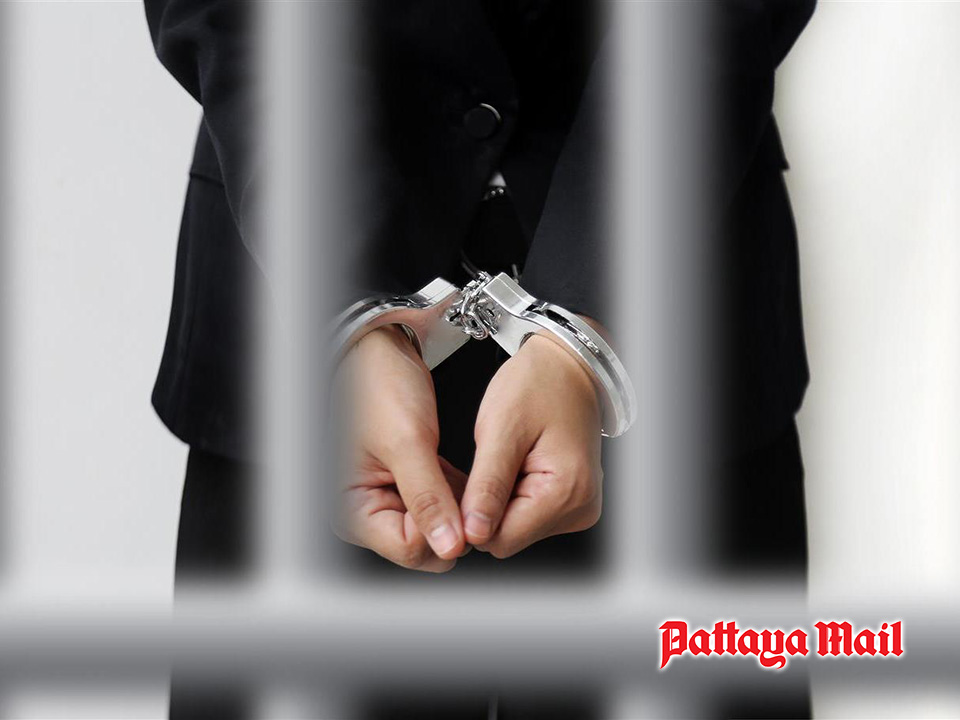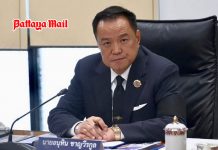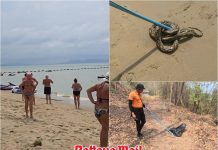
The business and employment ministries appear shocked after discovering that thousands of foreigners are involved in illegal employment in Thai resorts such as Phuket, Chiang Mai and Pattaya. Many are undocumented entrants from neighboring countries, particularly troubled Myanmar, doing manual or jobs which require little training. However, foreigners from further afield – including UK, mainland Europe, Russia and China – have been discovered working illegally in a variety of occupations including taxi drivers, tour operators and real estate agents.
Move Forward Party list-MP Sittipol Viboonthanakul said many Thais were now complaining that foreigners were taking jobs reserved for them, or buying land at inflated prices which in turn led to increases in the cost of living for all. Khun Sittipol explained that the most serious abuse involved foreigners hiring Thai nominees in international trading companies. Nominees are Thais who have no stake or interest in the business but are paid to keep quiet. They usually have to sign undated letters of resignation in case they get greedy or are no longer needed.
Already a crackdown has started in Phuket with several foreigners being arrested by immigration police, subjected to deportation on a weekly basis and banned from re-entry for up to life. However, corruption is rife in employment-related enforcement and there are even cases of Thai ID cards being issued wrongly to illegal entrants. Consequently, the Commerce Ministry, the Tourism Association and the Ministry of the Interior have joined hands in an attempt to “keep an eye” on foreign businesses in popular resort areas.
Some parliamentarians are calling for legal changes to underpin the latest crackdown. Thus the Foreign Business Act of 1999 outlaws Thai nominees but fails to identify them comprehensively. The Land Code needs revision to insist that purchase of land is subject to more scrutiny lest proxies are present in the company. A more controversial suggestion is to add the words “working not allowed” on the airport or border entry stamps of tourists and others without authorized work permit documentation.
Confusion has also arisen because of changes in 2018 to the formerly strict alien employment legislation. Work has now been redefined and exempts foreigners who are organizing trade shows, attending conferences, expressing an opinion, participating in sporting or cultural events or serving on condominium committees. Work-related activity, to be prosecutable, may now have to last more than a fortnight whether formally remunerated or not. Given that Thailand is now welcoming millions more visitors without prior approval, the need for a new and comprehensive employment law is becoming a priority.








